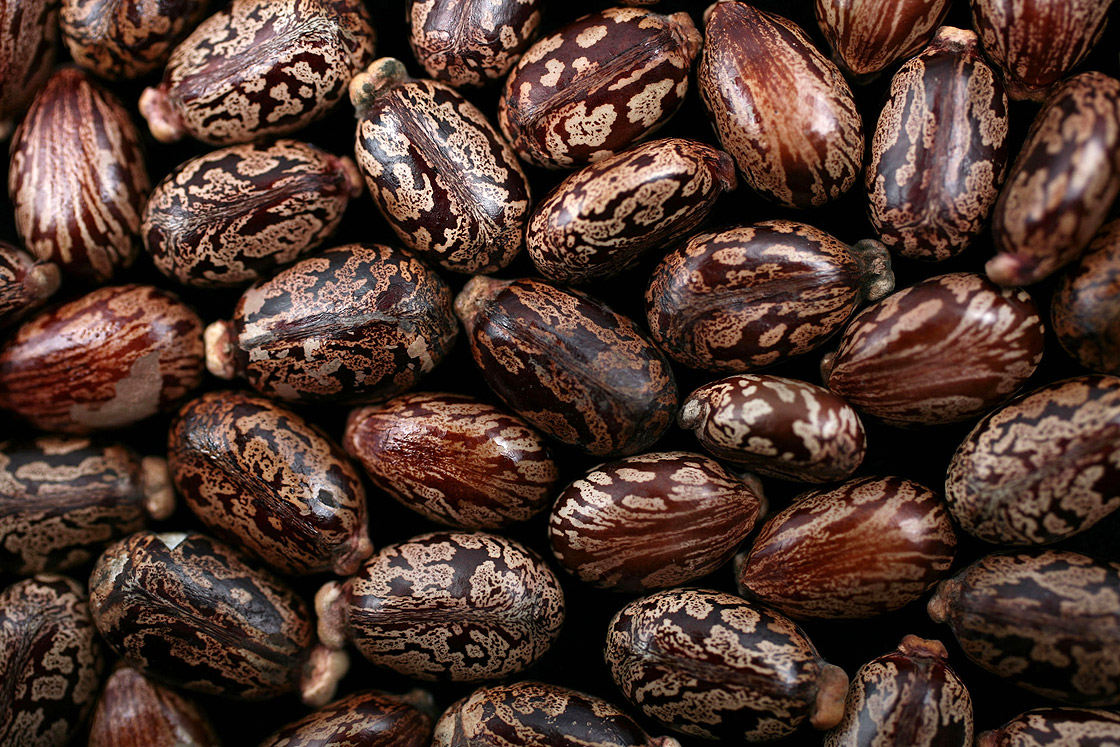Preliminary tests on a letter sent to U.S. President Barack Obama indicate the presence of ricin.

The FBI said Wednesday the letter, which was intercepted at a mail facility away from the White House, will undergo further tests, as field tests can be unreliable.
The announcement comes one day after a letter addressed to Sen. Roger Wicker of Mississippi tested positive for the poison ricin.
The first letter was intercepted at a Senate mail facility and was found to contain a “white granular substance.” A preliminary test confirmed the substance was ricin, Capitol police said in statement late Tuesday.
“I want to thank our law enforcement officials for their hard work and diligence in keeping those of us who work in the Capitol complex safe,” Sen. Wicker said in a statement.
Ricin is a naturally occurring toxin found in castor beans that are grown worldwide, according to the Public Health Agency of Canada. The beans were formerly used in the production of a laxative but are now used to produce castor oil, an industrial lubricant.
Symptoms of ricin poisoning

Get breaking National news
The Public Health Agency of Canada breaks down the symptoms of ricin poisoning that differ depending on the method of exposure.
- Man facing murder charges after couple dies in shooting on rural Alberta road: Grande Prairie RCMP
- 15 injured in stabbing at chemical plant in Japan, arrests made
- NWT RCMP deny excessive force, racism allegations after suspect suffers frostbite
- Lawsuit by Humboldt Broncos’ families dismissed by judge
- Ingested: Symptoms include nausea, vomiting, abdominal cramps and diarrhea and appear within 2 to 4 hours, leading to severe dehydration, liver and kidney failure and death.
- Inhaled: symptoms include nausea, fever, cough, chest tightness and difficulty breathing. This could lead to fluid in the lungs, respiratory failure and death.
- Injected: The muscles and lymph nodes near the injection site would die. This could lead to organ failure and death.
History of ricin poisoning
In Canada there is no known use of ricin in a deliberate poisoning, but around the world ricin has a long history of use as a deadly poison.
1978, London, U.K. – The assassination of Georgi Markov
Bulgarian writer and political dissident Georgi Markov, while walking along the Waterloo Bridge on his way to a job with the BBC. The murder weapon was later determined to be umbrella that fired a ricin pellet into Markov’s leg. In 2008, The Telegraph reported that counter-terrorism experts had reopened the investigation into the death of Markov. The assassination was carried out by Bulgarian Secret Service working with the KGB.
1981, Virginia, U.S. – Attempted assassination of Boris Korczak
Boris Korczak, a former CIA agent, was shot with a ricin pellet while shopping at Giant Food Store in Vienna, Virginia, but survived the assassination attempt. According to claims on Korczak’s personal website, the KGB was behind the attempt as Korsczak had previously infiltrated the Soviet organization.
2001, Russia – Chechnyan rebel incident
In 2001 the Information Telegraph Agency of Russia reported that Russian officials had intercepted a conversation between two Chechnyan rebels discussing the use of a “homemade poison” against Russian soldiers. Itarr-Tass later reported Russian officials had raided the home of Chechen Brigadier General Rizvan Chitigov where several weapons and explosives were found, including castor beans and instructions for Ricin extraction.
2003, U.S and U.K – U.S and Britain ricin incidents
In January 2003 the BBC reported British counter-terrorism officers had arrested six Algerians after an intelligence-tip that a quantity of ricin was being held in a North London flat. During the arrests one of the suspects, Kamel Bourgass, stabbed one of the arresting officers, Stephen Oake, who died of his injuries. After the trial it was revealed that no ricin was actually discovered.
In March 2003 U.S authorities intercepted two letters addressed to the White House containing ricin. The New York Times reported the letters were sent by a person addressing themselves as “Fallen Angel.” The sender stated they owned a trucking company and were angered over changes to federal trucking regulations. Federal law enforcement officers offered a $100,000, but the reward was never claimed.







Comments